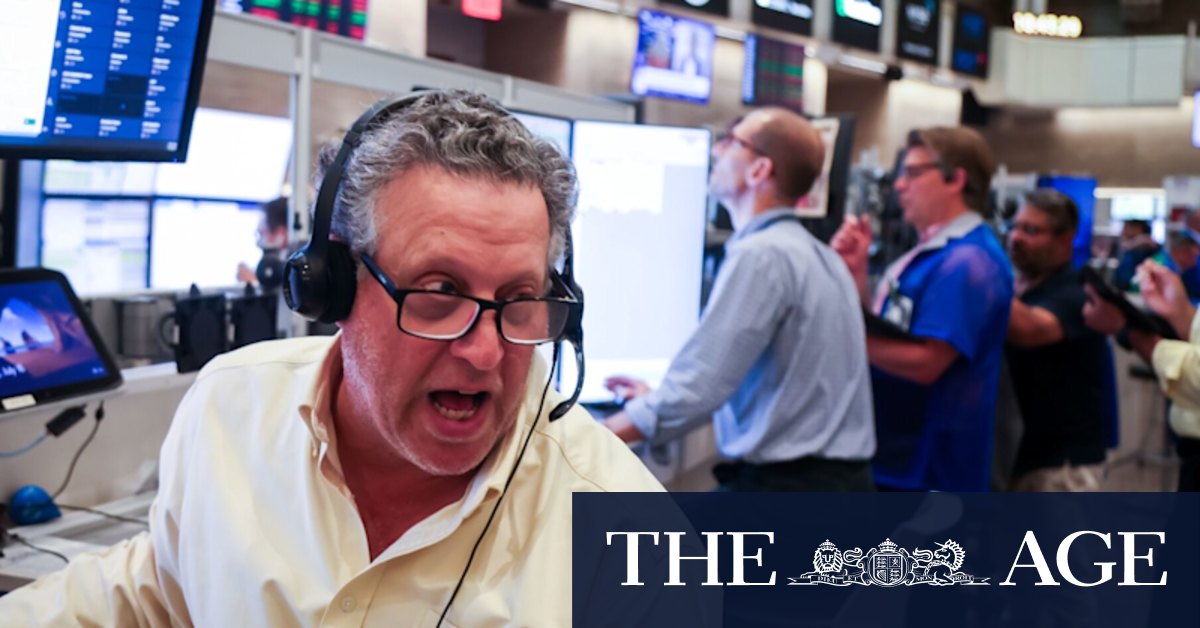Loading
In the meantime, Wall Street continued to drift around its record heights.
RH fell 4.6 per cent after the furniture retailer reported profit and revenue for the latest quarter that came up short of analysts’ expectations. It also trimmed its forecasted range for revenue this fiscal year amid what CEO Gary Friedman called “the polarising impact of tariff uncertainty and the worst housing market in almost 50 years.”
Oracle sank 5.1 per cent and was the single heaviest weight on the S&P 500 index. But that shaved only a bit off its surge from earlier in the week, when it soared to its best day since 1992 amid excitement about its winning multibillion dollar contracts related to artificial-intelligence technology.
Another company that’s benefited from the AI frenzy, Super Micro Computer, rose 2.4 per cent after saying it’s begun high-volume shipments of racks using Blackwell Ultra equipment from Nvidia that can be used for AI.
Microsoft climbed 1.8 per cent after European Union regulators accepted the tech giant’s proposed changes to its Teams platform, resolving a long-running antitrust investigation.
The European Commission said Friday that Microsoft’s final commitments to unbundle Teams from its Office software suite, including further tweaks following a market test in May and June, are enough to satisfy competition concerns.
All told, the S&P 500 slipped 3.18 points to 6,584.29. The Dow Jones Industrial Average fell 273.78 to 45,834.22, and the Nasdaq composite rose 98.03 to 22,141.10.
In stock markets abroad, indexes held relatively steady in Europe after mostly rising in Asia.
Japan’s Nikkei 225 climbed 0.9 per cent to another record, while Hong Kong’s Hang Seng rallied 1.2 per cent for two of the bigger moves.
Loading
In the bond market, the yield on the 10-year Treasury climbed to recover some of its drop from earlier in the week. It rose to 4.06 per cent from 4.01 per cent late Thursday.
Yields have been mostly sinking as expectations built on Wall Street that the Fed will resume cutting rates soon.
The Fed has been on hold through 2025, mostly because of the risk that Trump’s tariffs could send prices for all kinds of US household purchases much higher. Lower interest rates can make inflation even worse.
That inaction, though, has infuriated Trump. He has threatened to fire Fed Chair Jerome Powell, whom he has nicknamed “Too Late,” and has escalated his attempt to fire Federal Reserve Governor Lisa Cook, accusing her of mortgage fraud.

